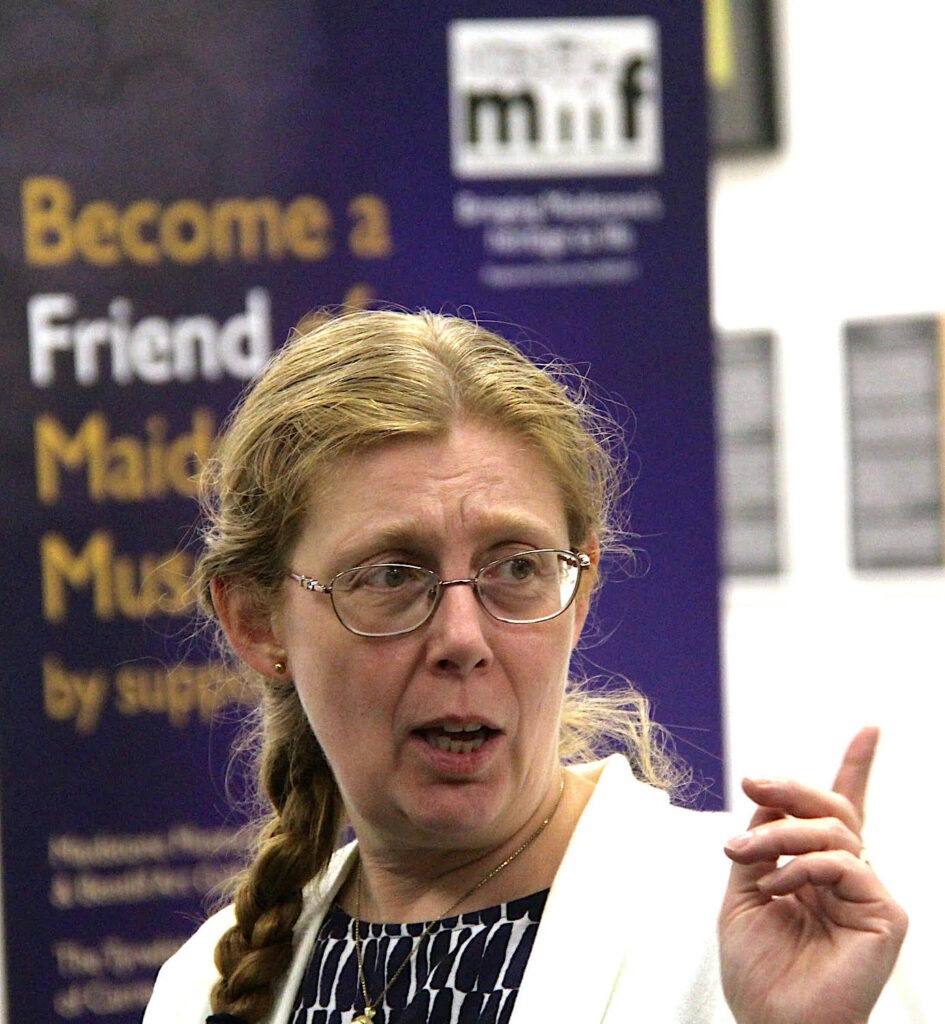Maidstone - Industrial Powerhouse of Yesteryear
October 2023
Maidstone’s formidable industrial past came into sharp focus in the latest talk in the Museum Friends’ shop, Fremlin Walk.
With its key location on the River Medway, and long before competitors stole manufacturing jobs, the County Town was home to many hundreds, perhaps thousands, employed in paper-making, confectionery, brewing, food products. motors, engineering, agricultural machinery, hops and river trade.
Pernille Richards, Maidstone Museum’s Collections Officer, gave an audience of 30 on Thursday October 5 a fascinating insight into a bustling town once dubbed the “centre point of Kent” and “the finest town on the Medway.” Daniel Defoe said its market, founded in 1261, was “the best in England.”
Names like Sharps (toffees), Stevens (vehicles) – later Tilling-Stevens – and Whatman (paper) created an industrial powerhouse renowned worldwide. Fremlin and Style & Winch satisfied workers’ thirst for beer locally and far beyond the county boundary. Weeks engineered the machinery so vital to farms and hop gardens on Maidstone’s doorstep and across the border.
Their leaders, often from prominent local families, were not only big employers but also invested in the community, taking up civic roles, powering the local economy and generating pride in Maidstone and its surrounding area. Few remain today. Sharp’s became Trebor and the factory closed in 2000. Fremlins Brewery closed. although its name lives on in the shopping centre. Beer drinkers are delighted that Goachers is still going strong. Tilling-Stevens is long since gone, although its HQ in St Peter Street is still there. George Foster-Clark’s baking, custard, and lemonade powders are not made in Maidstone any more although the brand name survives.
Weeks’ factory no longer thrums to industrial processes, although you can see their hop-pressing machine in the Museum. No longer can you stand on the riverbank and admire some 60 barges that once carried their cargo up and down the Medway. But, as Pernille said, the industries may have gone, but if you look hard, “traces remain.”


